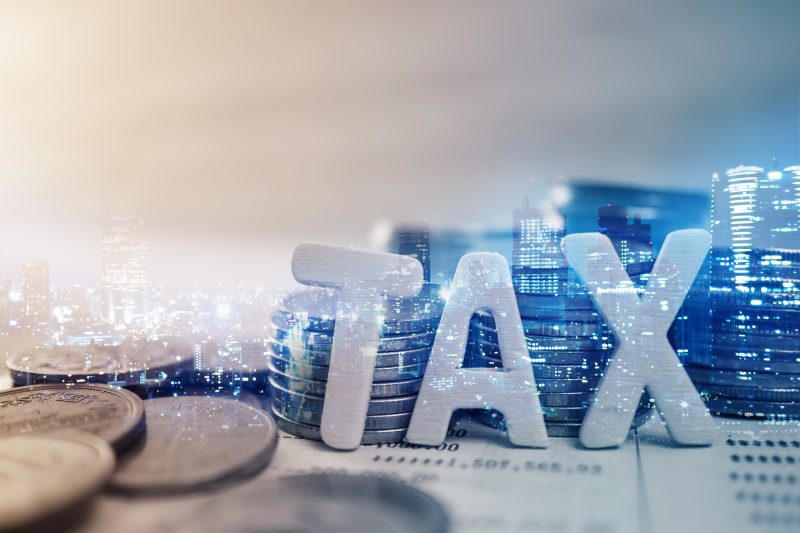The Goods and Services Tax (GST) has evolved over the last three years. Several parts of the GST law is divided into CGST, IGST and the GST compensation legislations. The government has so far taken to the measured path for bringing into force, several provisions of these Acts and rules. Of the lot, the law on appeals and revisions have only recently been made effective for implementation.
On 13 January 2020, the government notified the Revisional Authorities under GST. It shall have a two-tier structure to address the cases efficiently and in a time-bound manner. The Central Tax Commissioner or the Principal Commissioner will look into the cases of orders or decisions passed by the Joint or the Additional Commissioner of Central Tax.
Likewise, the Joint or the Additional Commissioner of Central Tax will take up those orders given by their subordinates such as Deputy Commissioner or Assistant Commissioner or Superintendent of Central Tax.
The provision of appeal, review and revision available against the orders and decisions of officers and commissioners are the legal channels for seeking relief when the taxpayers are aggrieved by the order passed under the Act. The revision form of approach is an alternative to appeal, especially where the remedy of appeal is not available to the taxpayers.
Also Read: Government Cracks on GST Evaders Via Data Analytics
Such matters include an order issued by the commissioner or other authority allowed to move proceedings directly from one officer to another officer; a law concerning the collection or retention of account books, records and other documents; and an order sanctioning prosecution under this Act.
It is essential to know the cases when the Revisional Authority must not pass a revision order. It includes an order that has been subject to an appeal under section 107 or under section 112 or 117 or section 118.
It also consists of the time limit available for making appeals. Further, if three years have elapsed after passing the order, revision cannot be made. A law that was revised in the past cannot be taken up for review again.
The grounds for taking up revision is laid down under the CGST Act. The same will apply to IGST law as well. The decisions taken in the order are erroneous such that they negatively affect the tax revenue or is illegal or improper, are grounds for revision.
For any clarifications/feedback on the topic, please contact the writer at annapoorna.m@cleartax.in
Annapoorna, popularly known as Anna, is an aspiring Chartered Accountant with a flair for GST. She spends most of her day Singing hymns to the tune of jee-es-tee! Well, not most of her day, just now and then.





